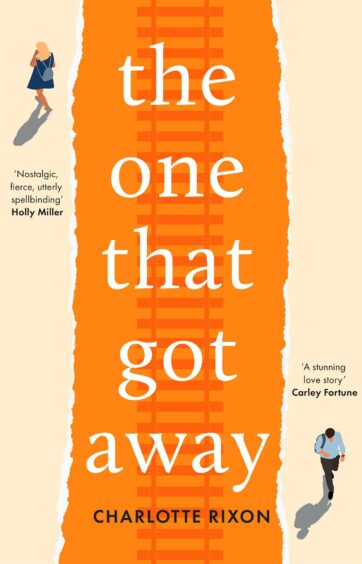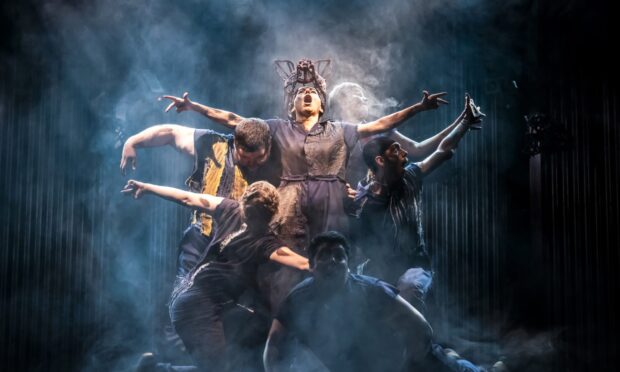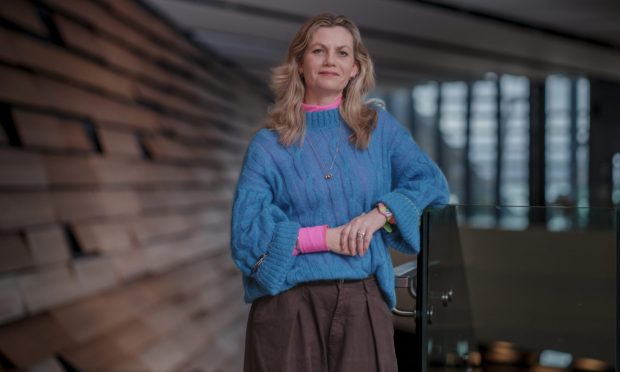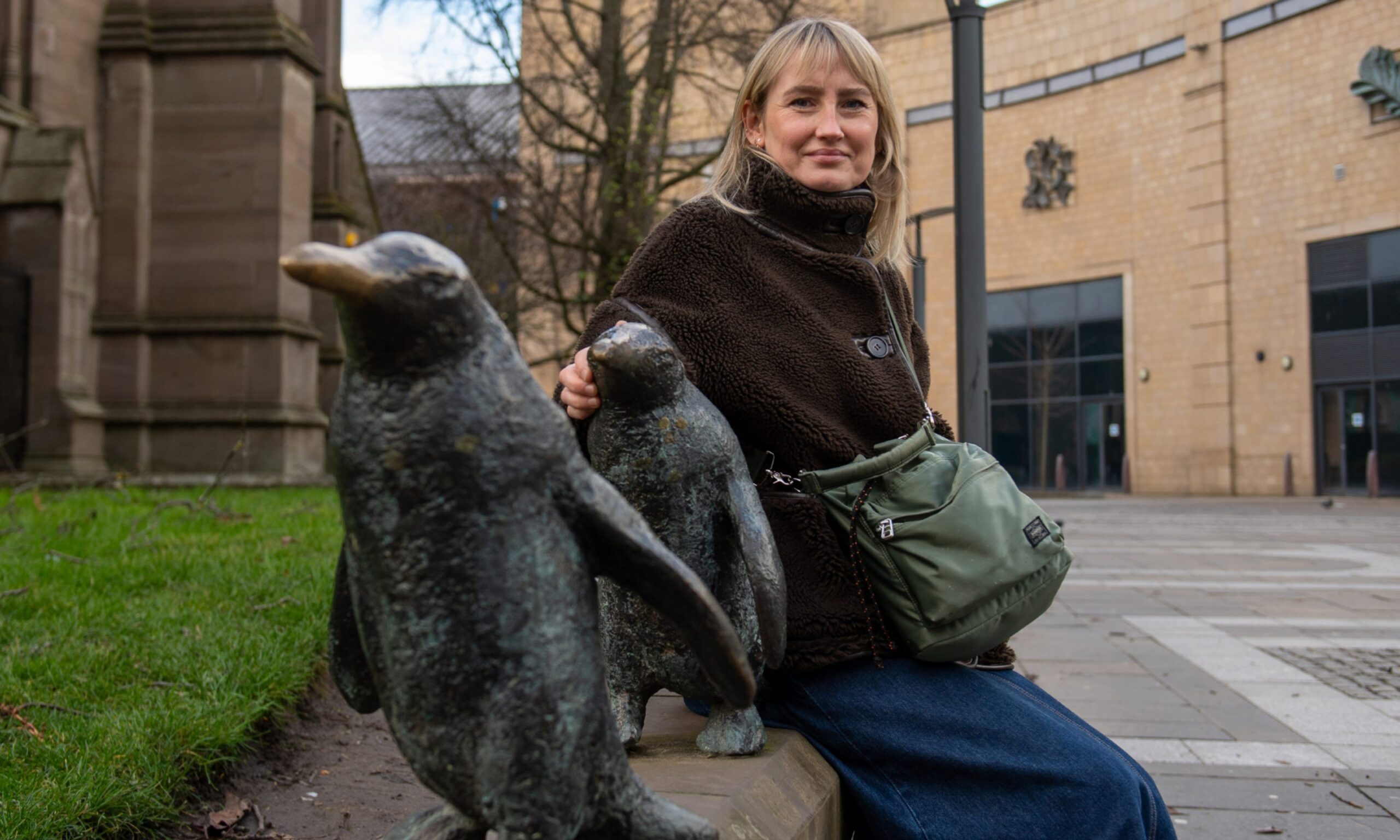People will often say that reading books helps them escape the humdrum realities of their day to day lives.
For bestselling author Charlotte Rixon, writing them can have the same effect.
Rixon (AKA Charlotte Duckworth) is known for gripping suspense novels like The Rival and Unfollow Me, but her latest release – the story of a torrid and tortured first love – is a departure from her usual fare.
The One That Got Away tells the story of Clara and Ben, two students who fall madly in love at university in Newcastle, and whose love story echoes throughout the rest of their lives, even after they break up.
Twenty years after they split, an explosion is reported in the city where they met, and Clara returns to Newcastle, searching for answers that her younger self never got.
For Rixon, writing the novel was a way to fill a gap between suspense projects during lockdown; a little escape from her norm.
“I had a couple of months, and I had this idea to write about what it’s like to look back reflectively on your first great love,” she explains.
“I wrote it in like eight weeks just before the summer holidays. And I genuinely didn’t expect it to get published, I kind of just wrote it for me, almost like a palette cleanser.”
My ‘midlife crisis book’
And affectionately nicknaming it her “midlife crisis” book, Rixon reveals that much of the story was inspired by her own memories as she contemplated turning 40 and reminisced on her student days.
“I shouldn’t say this,” she entices, a cheeky glint in her eye, “but I watched Normal People, the TV adaptation. And I was thinking a lot about my life.
“I was about to turn 40, and I was like: ‘Oh, I remember what it was like to be young’.
“Now I’ve got kids, my life’s just children and work. And I sort of started getting a bit nostalgic for my twenties.”
Indeed, there’s a dreamy hint of a younger Rixon when she outlines the similarities between the novel’s story (which she likens to David Nicholls’ One Day) and her own.
“I had a very passionate relationship when I was at university, and we broke up when I left. And I really kind of never got over it, I was totally heartbroken,” she smiles wistfully.
“When you’re young, you just let yourself go completely, and you’re so sensitive!
“It’s such a horrible time, because you do toughen up, but in a way you sort of lose some of that magic.”
‘I made a lot of mistakes when I was young’
Rixon admits she is “very similar” to the female lead Clara, joking: “Which is great, because loads of people really hate her!”
“I made a lot of mistakes when I was young,” she adds candidly. “I was very, very neurotic and had terrible anxiety.
“So she’s very paranoid, she’s suspicious and doesn’t trust… so she falls in love but she’s very angsty about the relationship.
“She sees problems, she creates drama – this is the thing, people do this. I have a lot of sympathy for her because I was like that.
“And the nice thing is that I look back now and I can see that I was a bit of an idiot, but I forgive myself, because I was very young.”
But although the book is marketed as romance, ‘chick-lit’ or ‘book club’ fiction (with customary cutesy cover) Rixon warns that it’s not all rose-coloured glasses and happy endings – after all, she’s still technically Charlotte Duckworth.
“It’s so interesting because they’ve put quite a romancey cover on it, but to me it’s definitely not a romance.
“I do think there’s an expectation that women’s fiction should be more light-hearted and less gritty, and mine is very dark. There’s a lot of heavy topics.
“It’s ultimately about flawed people who make mistakes, but they’re not bad people.”
The One That Got Away by Charlotte Rixon, published by Head of Zeus’ Aria imprint, will available from major retailers from February 2 2023.













Conversation